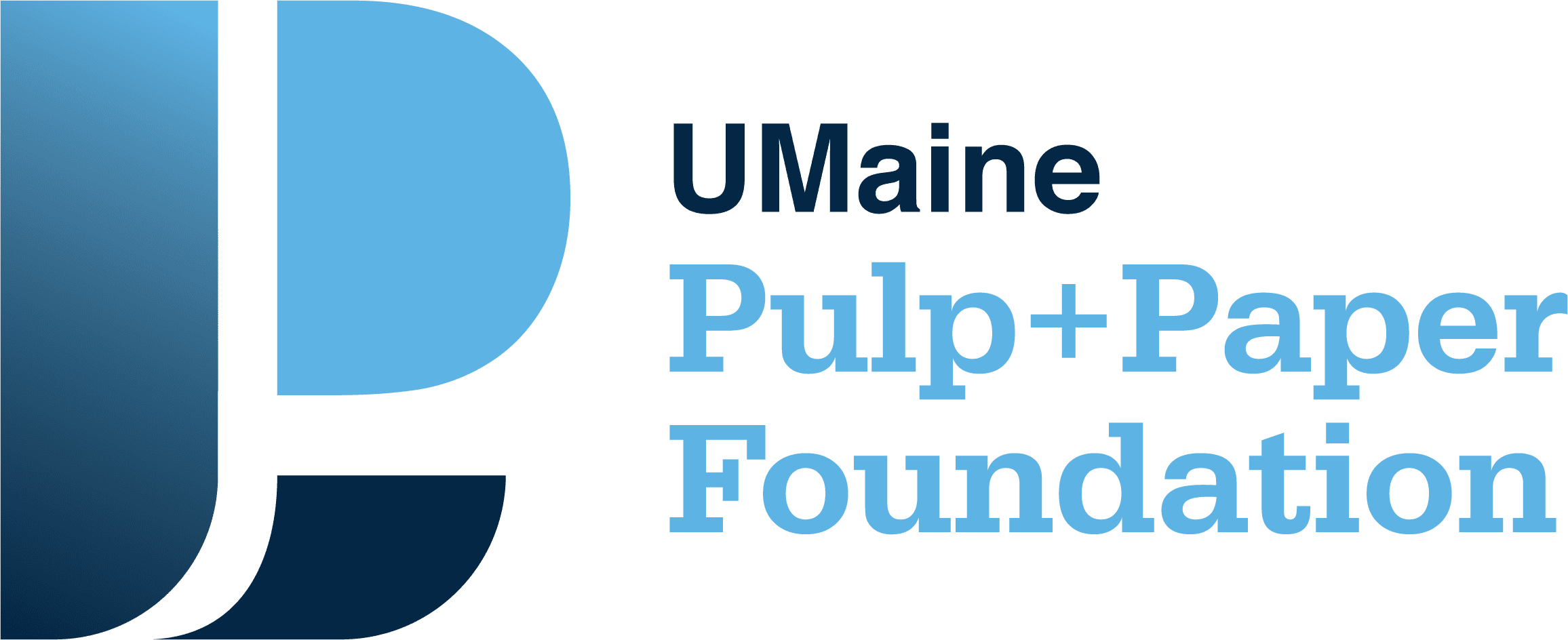Many UMPPF students work co-op positions in pulp or paper mills and production facilities while they’re still in college. But what if you’re interested in pursuing something a little…different? We’ve got these opportunities too!
The truth is, the pulp and paper industry is incredibly broad—and so are the career opportunities. Our UMPPF alums are proof of that! So let’s hear from some illustrious alums who found opportunities outside the paper mill/production career path—in manufacturing, sales, law, and research and development.
1. Manufacturing
A career in manufacturing may rely heavily on knowledge and skills gained while working in a pulp and/or paper mill. Hands-on, extensive experience will be required to understand processes, machinery maintenance and capability, and potential solutions that are safe, innovative, cost-effective, and sustainable.
Related areas: operations, maintenance, process control
Alumnus in the field: Dana Cook, CHE ‘01
Vice President of Papermaking Technology, Packaging Corporation of America
A little about Dana’s career path: “I actually started my career two miles from where I grew up in Jay, Maine, as a co-op and process engineer at the then International Paper plant. Early on, opportunities took me from Maine to production roles across the south in Georgia, North Carolina, and South Carolina. I had the opportunity to join PCA as a corporate papermaker in 2014 and I never looked back.”
2. Law
A law degree can be quite adaptable in the engineering field. Think: environmental law and compliance, human resources, or corporate law could all be options for you. Your creative thinking and problem-solving skills, along with extensive engineering knowledge, would benefit you greatly as a lawyer in the pulp and paper industry.
Related areas: compliance, regulation, education, environmental lawyer
Alumna in the field: Andrea Winslow Burke, CHE ‘95
Vice President and Senior Associate General Counsel at Jazz Pharmaceuticals
On her role: “I am an in-house attorney at a mid-sized pharmaceutical company. I am a member of the Legal and Corporate Affairs Leadership Team and, in that capacity, lead a team of 20 legal professionals responsible for all IP, Commercial and Regulatory Law issues that affect the company.”
How her engineering degree impacted her law career: “Although my undergraduate degree was in engineering, and I spent a few years working in the Pulp & Paper industry, I had a desire to further my education. Instead of graduate school for engineering, I decided on law school. At the outset, I didn’t know how I could fully leverage both my engineering experience and my legal expertise. However, it soon became apparent that having an undergraduate engineering degree would effectively set me apart from my law school peers. Only those with a science or engineering background are able to sit for the Patent Bar Exam. The combination of engineering and law degrees allowed me to become a patent attorney. This was not a career path that I had long contemplated, but it was a niche that I am happy to have found.”
3. Sales
Most of the products developed in the industry are based on consumer demand—paper goods like tissue and toilet paper and paperboard packaging, for example. Sales are definitely still part of the supply-and-demand equation, and opportunities in sales are plentiful. Given all the different components that go into creating a paper product (packaging, chemical composition, research, equipment, etc.), your engineering knowledge as well as your problem-solving, communication, and relationship-building skills would be beneficial in these roles.
Related areas: marketing, public relations, communications, business development
Alumnus in the field: Nicholas Hart, CHE ‘14
Regional Product Manager, Andritz (equipment sales)
About Nicholas’ role: Nicholas focuses on improving profitability and works closely with the sales team to reintroduce products with updated offerings. To improve overall customer satisfaction, he also collaborates with the engineering, production, and quality teams to ensure customer needs are met.
Alumna in the field: Heather DuBois, CHE ‘96
Senior Vice President, Corporate Accounts, Institutional North America, Ecolab (chemical sales)
About Heather’s role: Heather leads a team that partners with customers to help solve their operational and sustainability challenges, as well as to protect their brand reputations and optimize operations.
On her relationship to the pulp and paper industry: “Once in the pulp and paper industry, it never leaves you. Though I am not actively “in it” every day anymore, I am fortunate to be able to interact with many individuals from across the industry. I graduated in 1996 and worked in the industry in a number of different roles including Application Engineering, Sales, and Marketing.”
4. Research and Development
Engineers are a curious crowd, and sometimes the most curious find that a career in research and development suits them best. The pulp and paper industry has evolved greatly and will continue to do so in our efforts to be more sustainable, eco-conscious, and forward-thinking. The industry needs those willing to hypothesize, test, and document results, so that we can keep evolving and growing.
Related areas: education, analyst, product development
Alumna in the field: Sierra Yost, CHE ‘20
Graduate Research Assistant and Ph.D. Candidate, Penn State University
About her role: “As a graduate student I do full-time research in a lab. I study 3D printing, so I design, print, and test new materials, then I write about it and publish it.”
Why she chose to pursue a degree in engineering: “I chose a degree in engineering because of the versatility of it. As an engineer, you can do more fundamental science, more complex industrial engineering, or anything in between, and work in basically any industry you want. My goals have always been environmentally driven, and engineering gave me a way to pursue an education that can be focused on sustainability.”
Open Mind, Endless Paths
The best part? This is just the tip of the iceberg, and the Foundation is a great resource for exploring career paths—including some you may not know about. Having multiple options means having multiple opportunities to learn and grow as you advance your career.
Remember, your career is for you to define. We suggest that you follow your interests, lean into your natural skills, and be open to trying new things. You never know where your path will take you!
Did any of these job opportunities pique your interest or make you want to learn more? We’re always an email away and would love to answer your questions.


Recent Comments